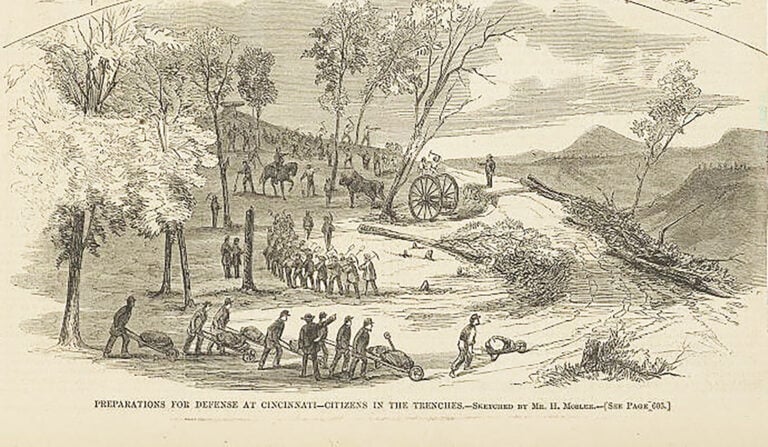As part of its ongoing work to educate Kentuckians about tuberculosis (TB) and prevent the spread of the disease, the Kentucky Department for Public Health (DPH) is promoting World TB Day, which is Tuesday, March 24.
This year’s theme is “Find TB. Treat TB. Working together to eliminate TB.” The theme serves to emphasize the partnership between various organizations and highlight their efforts to eliminate TB.
“Many people assume that TB is no longer a concern in this country, but new cases continue to be identified each year – in Kentucky and around the U.S.,” said DPH Commissioner Dr. Stephanie Mayfield. “While public health has made great strides in preventing the spread of the disease, our work continues. We hope everyone will take the opportunity on World TB Day to learn more about TB, particularly how it is spread and how it can be treated if someone is exposed to or contracts TB.”
World TB Day was created to commemorate the date in 1882 when Robert Koch announced the discovery of Mycobacterium tuberculosis, the organism that causes TB. TB is a potentially fatal disease that usually attacks the lungs, but can also attack any part of the body, for example, the kidneys, spine or brain. Among infectious diseases caused by a single agent or pathogen, TB remains the second-leading infectious cause of death in adults worldwide, surpassed only by HIV/AIDS.
In fact, the Centers for Disease Control and Prevention estimates that in 2013, 9 million people worldwide developed TB, and 1.5 million died from the disease. Globally, the rate of new TB cases has been falling for about a decade, and TB mortality has fallen by 45 percent since 1990. However, the increasing presence of strains of TB that are resistant to commonly used drugs is an area of growing concern.
“TB remains a public health burden despite significant progress toward elimination,” said Mayfield. “In Kentucky, surveillance data show that 59 new TB cases were diagnosed in 2013 – and preliminary data indicate that 80 new TB cases occurred in Kentucky in 2014. These TB cases in Kentucky further emphasize the need for continued outreach and education.”
TB is a disease that is transmitted person-to-person through the air when an infectious person coughs, shouts, sneezes, speaks or sings. Symptoms of TB include a cough lasting more than three weeks, fever, night sweats, unexplained weight loss, coughing up blood, loss of appetite, chest pain and fatigue. If not treated properly, TB disease can be fatal.
TB disease can usually be successfully treated. Typically, several medications are prescribed and taken for a period of six to nine months. Individuals taking medication for TB disease are advised to take the drugs correctly and for the recommended period of time to prevent TB from becoming resistant to other drugs. TB that is resistant to drugs is harder and more expensive to treat.
Not everyone with a TB infection will become ill. This condition is known as latent TB infection (LTBI). A person with LTBI is infected with the germ that causes TB and may develop active TB disease sometime later in his or her life, but LTBI can often be treated in order to rid the body of the TB bacteria so that active TB doesn’t develop. People with latent TB infection are not contagious to others unless their infection progresses to active TB disease.
Risk factors for progression to active TB include HIV infection, new TB infection in the last two years, diabetes, immunosuppression and age, especially children younger than 4 years old. Adults with active TB are usually infectious and can give the disease to other people, but children are less likely to be infectious if they have active TB. Both latent TB infection and active TB disease can be detected by examination and testing by a health care provider.
For more information about TB, as well as Kentucky’s efforts to track and prevent the spread of the disease, please visit http://www.chfs.ky.gov/dph/epi/tb.htm.
From Ky. Cabinet for Health and Human Services


















